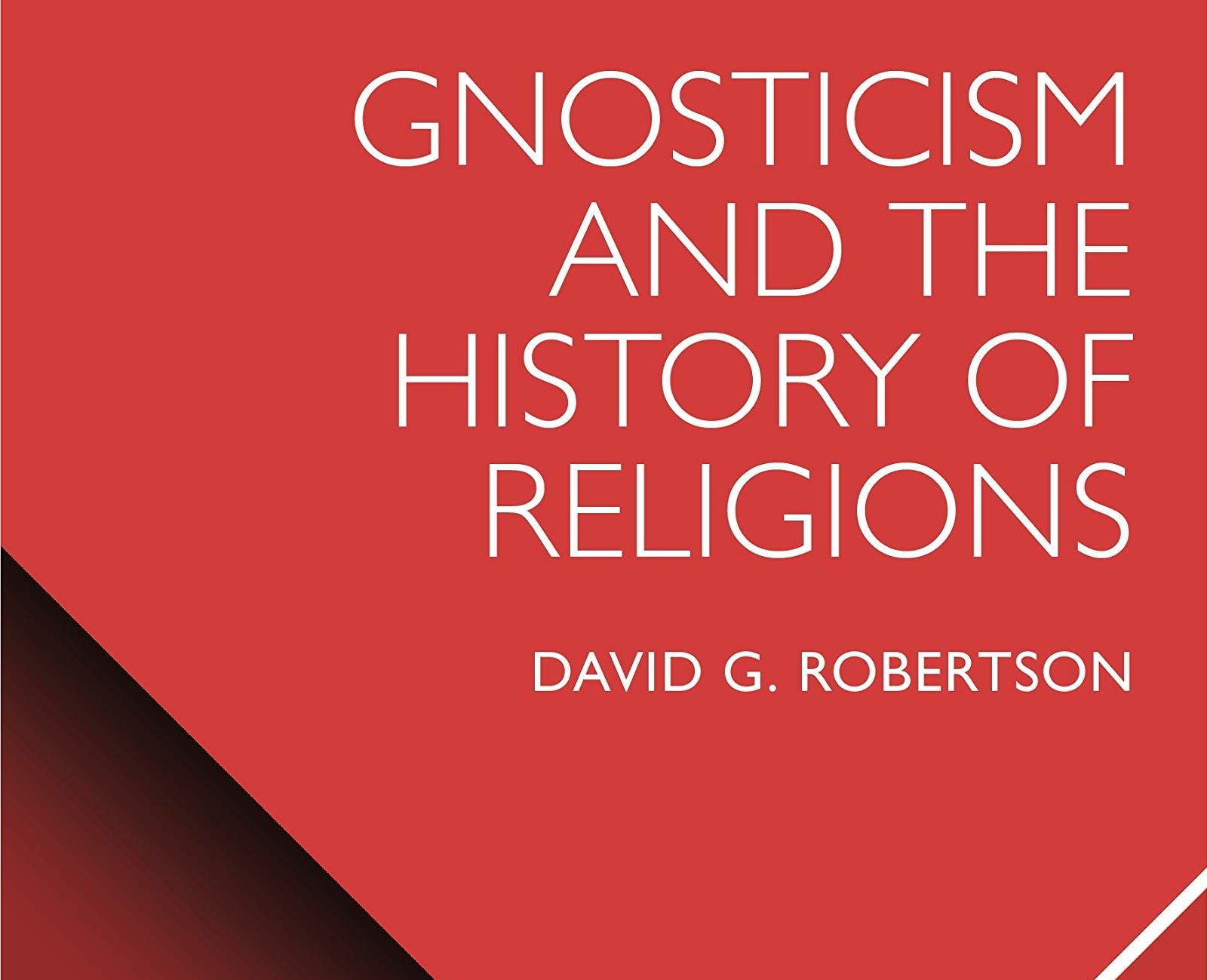For our final interview of the semester, tune in to our co-founder David G. Robertson discussing his new book Gnosticism and the History of Religions with our co-editor Andie Alexander. In this episode, Robertson outlines the history and use of the term ‘gnosticism’ to examine how gnosticism has come to work as a ‘free-floating’ signifier. Robertson then considers how the ‘strange charm of gnosticism’ has helped keep the term and idea prevalent in the study of religion, particularly in how understanding gnosticism as a special knowledge is linked with notions of religious experience. It’s a great episode—be sure to check it out!








